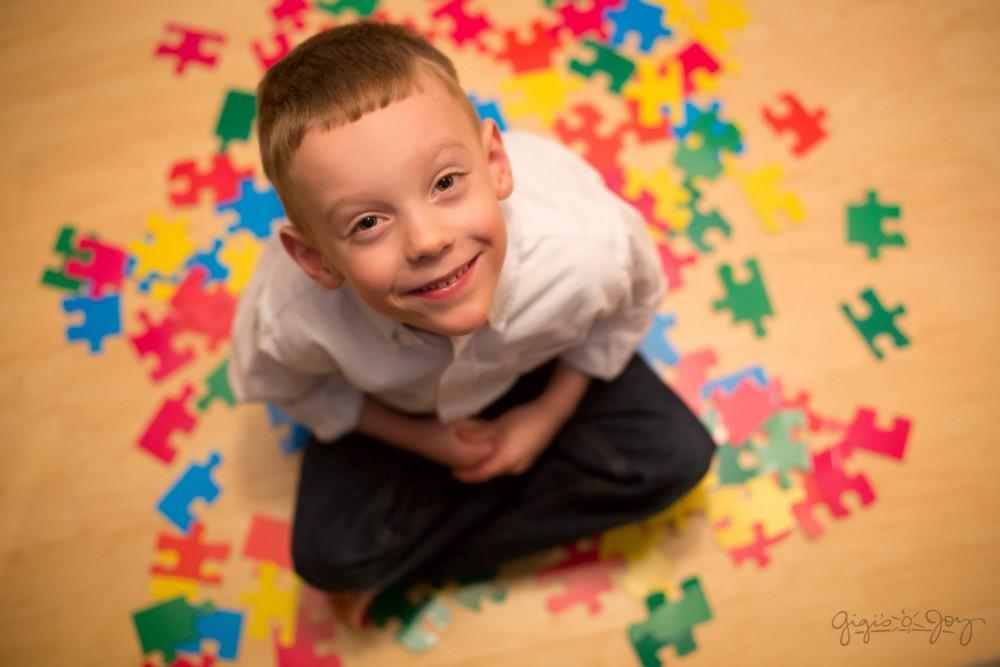Autism Spectrum Disorders (ASD) are a group of complex neurodevelopmental conditions that affect communication, behavior, and social interaction. Understanding the symptoms, diagnosis process, and available support services for individuals with ASD is crucial for promoting awareness, acceptance, and inclusive communities. Let’s explore the intricacies of autism spectrum disorders and their impact on individuals and families.
What are Autism Spectrum Disorders?
Autism Spectrum Disorders encompass a range of conditions characterized by challenges in social interaction, communication, and repetitive behaviors. Individuals with ASD may exhibit a wide spectrum of abilities and differences in strengths and challenges. While some individuals may require significant support in daily activities, others may function independently with minimal assistance.
Symptoms of Autism Spectrum Disorders:
Common symptoms of autism spectrum disorders include:
- Impairments in social interaction: Difficulty with nonverbal communication, lack of eye contact, and challenges in understanding and interpreting social cues.
- Communication difficulties: Delayed speech development, limited language skills, and difficulty initiating or sustaining conversations.
- Repetitive behaviors: Engaging in repetitive movements or activities, such as hand-flapping, rocking, or lining up objects.
- Sensory sensitivities: Hypersensitivity or hyposensitivity to sensory stimuli, such as lights, sounds, textures, or smells.
- Restricted interests: Intense focus on specific topics, objects, or activities, often to the exclusion of other interests.
Diagnosis and Evaluation:
Diagnosing autism spectrum disorders involves comprehensive evaluation by healthcare professionals, including developmental pediatricians, psychologists, and speech-language pathologists. The diagnostic process typically includes assessments of developmental milestones, communication skills, social interaction, and behavior patterns. Early identification and intervention are critical for supporting individuals with ASD and their families in accessing appropriate services and resources.
Support and Interventions:
Support for individuals with autism spectrum disorders may include a range of interventions tailored to their unique needs and strengths. This may include:
- Early intervention services: Therapeutic interventions, such as speech therapy, occupational therapy, and behavioral interventions, to address communication, sensory, and social skills deficits.
- Educational support: Individualized education plans (IEPs) or specialized educational programs designed to meet the unique learning needs of students with ASD.
- Behavioral therapy: Applied behavior analysis (ABA) and other behavior modification techniques to teach adaptive skills and reduce challenging behaviors.
- Parent training and support: Providing families with education, resources, and support networks to navigate the challenges of raising a child with ASD and advocating for their needs.
Conclusion:
In conclusion, autism spectrum disorders are complex neurodevelopmental conditions that require understanding, acceptance, and support from individuals, families, and communities. By recognizing the symptoms, facilitating early diagnosis and intervention, and providing comprehensive support services, we can empower individuals with ASD to reach their full potential and thrive in society. Through education, advocacy, and inclusion efforts, we can foster a more compassionate and inclusive world for individuals with autism spectrum disorders and their families.
Source – World Health Organization



